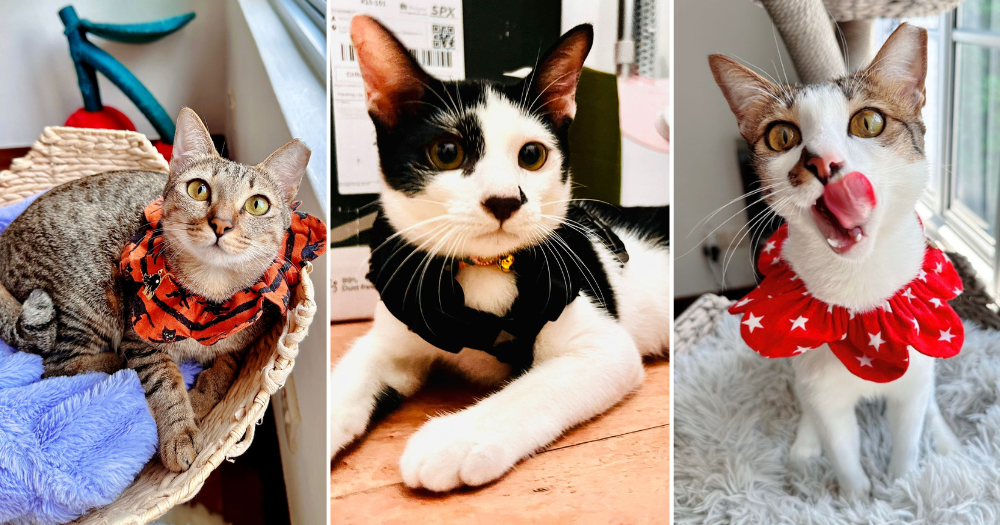Most people are surprised to learn that rabbits are the third most popular pets in the United States after dogs and cats. Bunnies, with their fluffy ears and twitching noses, have a magical and unique way of bringing joy into the home. They can be affectionate, cohabitate with other pets and even learn to do tricks. Sadly though, rabbits sold in pet stores often come from unscrupulous breeders who place profit before the well-being of these gentle herbivores.
According to the House Rabbit Society, “Just as there are puppy mills, there are also rabbit mills. Hundreds of unweaned babies are taken too early from their mothers, loaded up in trucks and shipped around the country. Many don’t survive the trip, and others become ill and die in the stores.”
Bunnies are bought with little education or guidance from pet store staff, they’re not neutered or spayed, and are often overbred, which leads to medical issues.
While California became the first state to ban the sale of dogs, cats and rabbits from commercial breeders, only one other state (New York) followed suit. Petco recently abandoned a short-lived program to once again sell bunnies in select stores, thanks to pressure from animal welfare groups that see first-hand the effects this practice causes.
Rabbits can make great pets but it’s essential people understand their specific needs and truly consider if they’re the right pet for their family. Healthy rabbits can live for more than 10 years, so a rabbit may be with your family for as long as a dog would.
While it’s often kids who want a rabbit, it’s important to recognize that bunnies require safe, gentle handling and a quiet environment. As prey animals, they can be easily startled and stressed by the loud noises and fast, uncoordinated movements typical of excited kids. Rough handling can lead to serious injuries like spinal fractures, and scared rabbits can deliver a painful bite. You may need to wait until your kids are older before bringing a rabbit home.
Rabbits require high-quality hay and pellets, as well as fresh vegetables. Unlike popular misconceptions, carrots should be a treat rather than a primary food source. Understanding their nutritional needs is crucial to preventing health issues and ensuring a long, happy life for your furry friend.
Bunnies thrive in environments that mimic their natural habitat. A spacious and secure indoor living area with ample opportunities for exercise is essential. Consider providing a designated space where your bunny can hop and explore safely. Rabbits should be housed indoors and only allowed outside in secure areas with close supervision. Proper housing not only keeps them physically active but also supports their mental well-being.
Bunnies are social creatures and need companionship. It’s essential to spend quality time with your bunny, engaging in gentle interactions and play. Additionally, having another bunny as a companion can prevent loneliness and promote a happier, healthier life. Rabbit-to-rabbit introductions must be done carefully because rabbits can fight over territory and seriously injure each other.
Most animal shelters have rabbits for adoption and can often provide valuable information about the rabbit’s medical history, temperament and behavior as well as offer guidance on proper care, helping adopters navigate the challenges of responsible bunny ownership. Bay Area-based bunny rescues like House Rabbit Society and SaveABunny are also great resources.
Interested in adopting a bunny? All rabbits available at Marin Humane have been spayed or neutered and vaccinated. Visit marinhumane.org/adopt to view bunnies looking for their forever home.
Lisa Bloch is the director of marketing and communications for Marin Humane, which contributes Tails of Marin and welcomes your questions and comments. Email lbloch@marinhumane.org, visit marinhumane.org, or find us on social media @marinhumane.
Originally Published:





